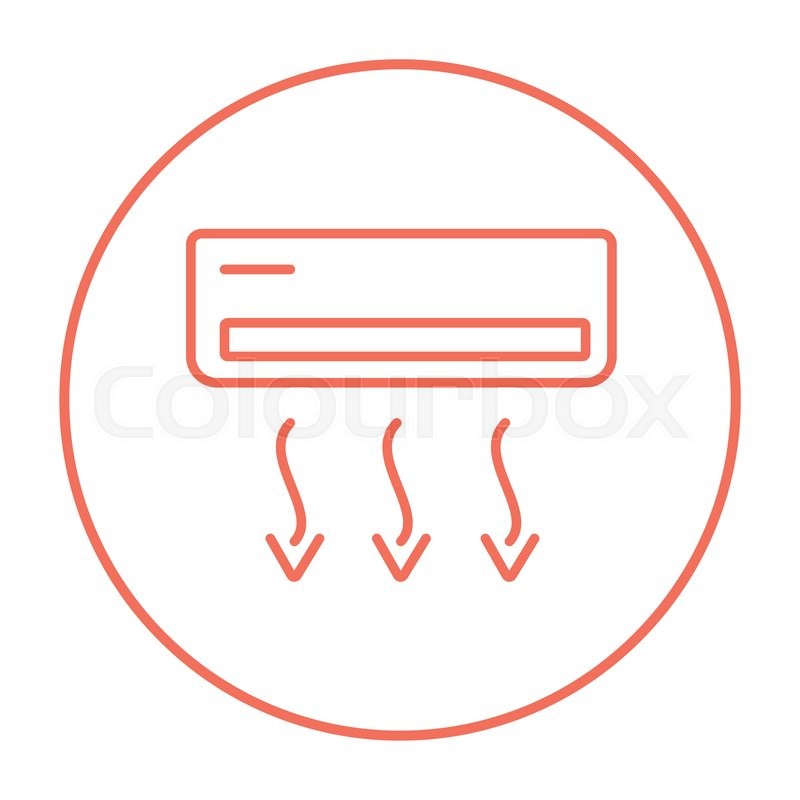Baffled By Weird Noises And Differing Temperatures Emitted By Your Heatpump?
Baffled By Weird Noises And Differing Temperatures Emitted By Your Heatpump?
Blog Article
Web Content Created By-Bateman Malling
If your heat pump system is making strange noises or battling to keep your home comfy, maybe attempting to tell you something crucial. Overlooking these indications could bring about more significant issues down the line. By resolving these warning signals without delay, you can possibly save on your own from pricey repairs or a total system failure. So, air ducting installation following time you hear an odd noise or notice inconsistent temperatures, remember, your heat pump may be trying to communicate a problem that requires specialist focus.
Uncommon Sounds
If you often hear uncommon sounds originating from your heatpump, it's important to resolve this problem quickly. These sounds can show underlying problems that may intensify if left ignored.
A common sound to keep an eye out for is a loud knocking or clanking audio, which can recommend a loose or broken part within the system.
If you hear a piercing squealing sound, it could be a sign of problems with the motor bearings or belt. Furthermore, a clicking noise could show a problem with the electrical components of the heat pump.
To address these unusual noises, it's suggested to call a professional a/c service technician. Trying to detect and take care of the concern on your own could possibly create more damages to the system.
A trained professional will certainly be able to identify the origin of the sound and do the needed repairs to ensure your heat pump operates successfully and silently. By addressing these unusual noises quickly, you can prevent more substantial issues from emerging in the future.
Inconsistent Heating/Cooling
Experiencing irregular heating or cooling from your heatpump can be aggravating and unpleasant. If you see that certain spaces in your house are substantially warmer or cooler than others, or if your heat pump is struggling to maintain a consistent temperature level, it might be a sign of an issue.
Irregular home heating or cooling can be triggered by problems such as a malfunctioning thermostat, blocked air filters, cooling agent leakages, or issues with the compressor. These concerns can't just make your home uncomfortable however likewise bring about higher energy bills if left unsettled.
To resolve this concern, you need to initially inspect and change your air filters if they're unclean or stopped up. If the problem persists, it's best to get in touch with a professional a/c technician to examine and fix your heatpump system. By dealing with the concern without delay, you can make certain that your home stays comfy and energy-efficient.
Enhanced Power Costs
Consistently high power expenses can be an indication that your heatpump system isn't running successfully. If you've noticed a sudden spike in your power costs without an equivalent increase in use, it might show that your heat pump is battling to warmth or cool your home effectively. This inefficiency can result from various concerns within the system, such as filthy filters, cooling agent leaks, or a malfunctioning compressor.
When your heat pump isn't operating optimally, it has to function more difficult to preserve the wanted temperature, leading to enhanced power usage and higher expenses.
To resolve this problem, it's vital to have a professional cooling and heating technician inspect and repair your heatpump. They can recognize the source of the ineffectiveness and do the required changes or repairs to restore your system's ideal efficiency.
Final thought
Finally, if you see any type of unusual sounds, irregular heating or air conditioning, or an abrupt increase in energy expenses with your heat pump system, it's time to call a professional a/c specialist. Dealing with these signs promptly can assist prevent more damage and ensure your system runs effectively. Do not ignore these indication, timetable a fixing service to maintain your home comfy and your power costs in check.
